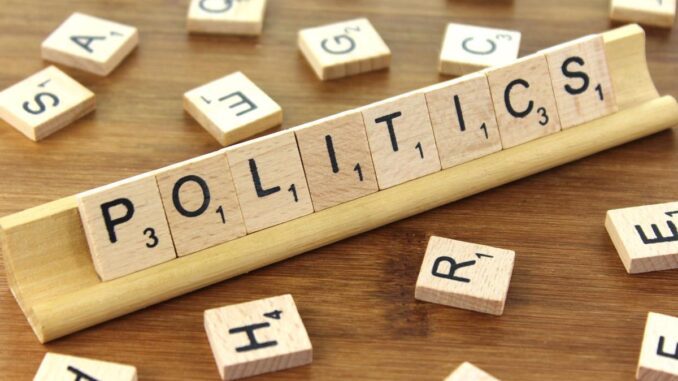
The cycle of premature electioneering politics is here again unfortunately, as it has been since Nigeria returned to civilian rule in 1999, when the year preceding new election exercise is usually dominated by politicking rather than the sacred duty of governance. The years penultimate to elections are usually dominated by the politics of succession to the extent that little or no governance takes place; as politicians conveniently relegate to the sides, their core duties of fulfilling constitutional duties for the people. Instead, elected officials devote more time to jostling for self-succession or angling for new elective positions. This need not be so. Elected officials should be mindful of the fact that their mandates are yet to expire and they should therefore pay attention to the task of governance instead of short-changing the electorate by wasting resources on electioneering campaigns.
We are in that season again even though the present wielders of power have more than a year to exhaust their mandates. The political scene got a major jolt recently when Bola Ahmed Tinubu made his intention to contest for the position of president in 2023 known. Since then, many other politicians have also signified their intention to contest in the elections. A cursory look at the front pages of newspapers shows that they are dominated by perspectives on the suitability or otherwise of the candidates and other controversial issues surrounding the 2023 elections. The airwaves and the social media have been similarly dominated by political discussions.
But at a time when there are many security and economic issues confronting the nation, governance cannot be relegated to the background. Otherwise, there may not be a conducive environment to conduct elections when 2023 comes. To be fair, it is within the rights of every citizen to aspire to any elective position. Indeed, without electioneering, democracy cannot thrive. But a situation where serving officials concentrate on getting elected again at the expense of governance is disconcerting and therefore unacceptable.
Among those throwing their hats in the ring are serving governors who are being egged on by various self-serving groups, including in one case a group of serving legislators at the state levels. They have abandoned their legislative duties of making laws for the good governance of their states to mount campaign for the executive arm they ought to be keeping in check. Even officials who have not indicated interest openly are surrounded by rumours of intent to run. The streets of major cities are awash with campaign posters.
It is not contestable that everyone is entitled to his aspirations but it must be remembered that election is still more than a year away and that Nigeria is enmeshed in internal problem of insecurity, depressed economy, increasing poverty, senseless and inhuman killings of innocent citizens, among others. At a time like this, all efforts must be concentrated in resolving these myriads of problems.
The media have a role to play in steering the debate in the direction of governance issues rather than propping only the agenda of the aspirants. Although the political economy of production disposes the media to follow political trends as dictated by political actors, efforts must be made to remind the polity of the greater issues of the proper and effective governance at all levels. Indeed, the media have been accused of being largely the “agents of Power” but there have been critical moments when the media have stirred the polity back to germane issues and have ensured that governments are held accountable to the people. As enjoined by Section 22 of the Nigerian Constitution, the media must at all times hold government accountable to the people and ensure that they focus on ensuring the welfare and security of the people as the primary purpose of government. Even though that section of the constitution is not justiciable, it does not detract from the role of the media to continue to remind elected officials to be faithful to the oath of office they took.
The electorate must feel safe before they can participate fully in exercising their franchise. The outlook now for them is that of gloom as they watch a deteriorating security situation and an increasing hunger in the land. Voters’ apathy has been witnessed in some recent elections and this may increase in the coming elections if the security situation is not addressed. Only good governance and greater attention to the welfare of the people can ensure better electoral participation.
In particular, the electorate should resist bids by the political class to hoodwink them into passing the buck for the failure of governance at all levels. Politicians all belong to a class, ordinarily to bring dividends of democracy to the doorstep of the ordinary Nigerian; but in this country, they have failed in that sacred purpose and ended up self-serving. Let politicians who are not in government join the people to make politicians in government account for their tenure, and not start to campaign for election even before the vista for such activities is legally open.
As it is, every patriotic Nigerian should be concerned that unless the sad trend of governance neglect and failure is reversed, there may be no room for the election on which politicians are presently focused. Political leaders should address these issues before the 2023 elections; it is in their enlightened self-interest to do so.
END

Be the first to comment